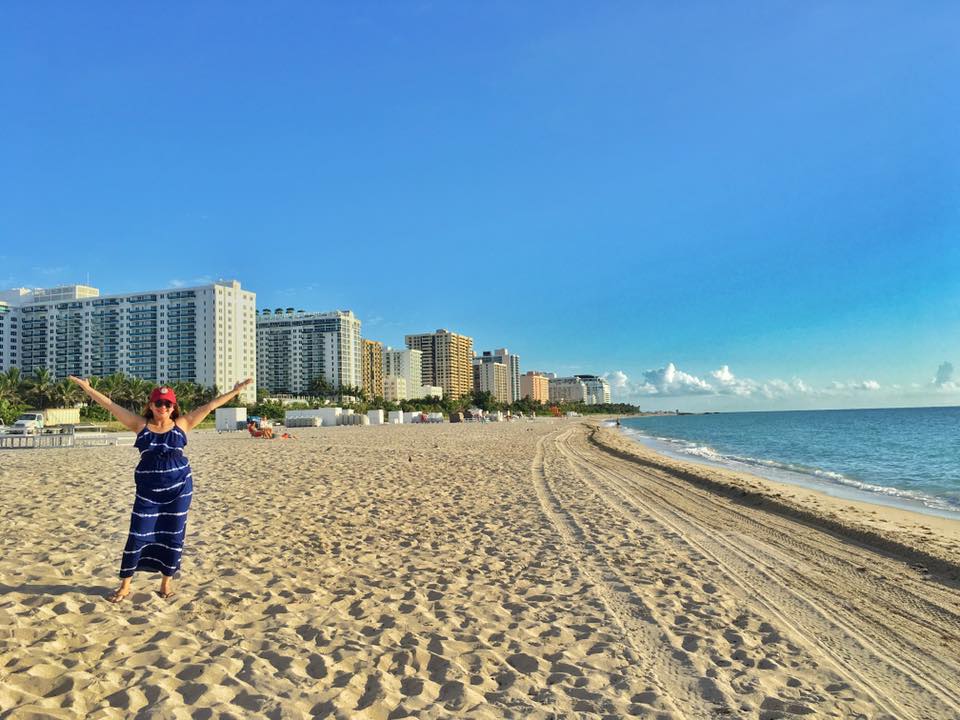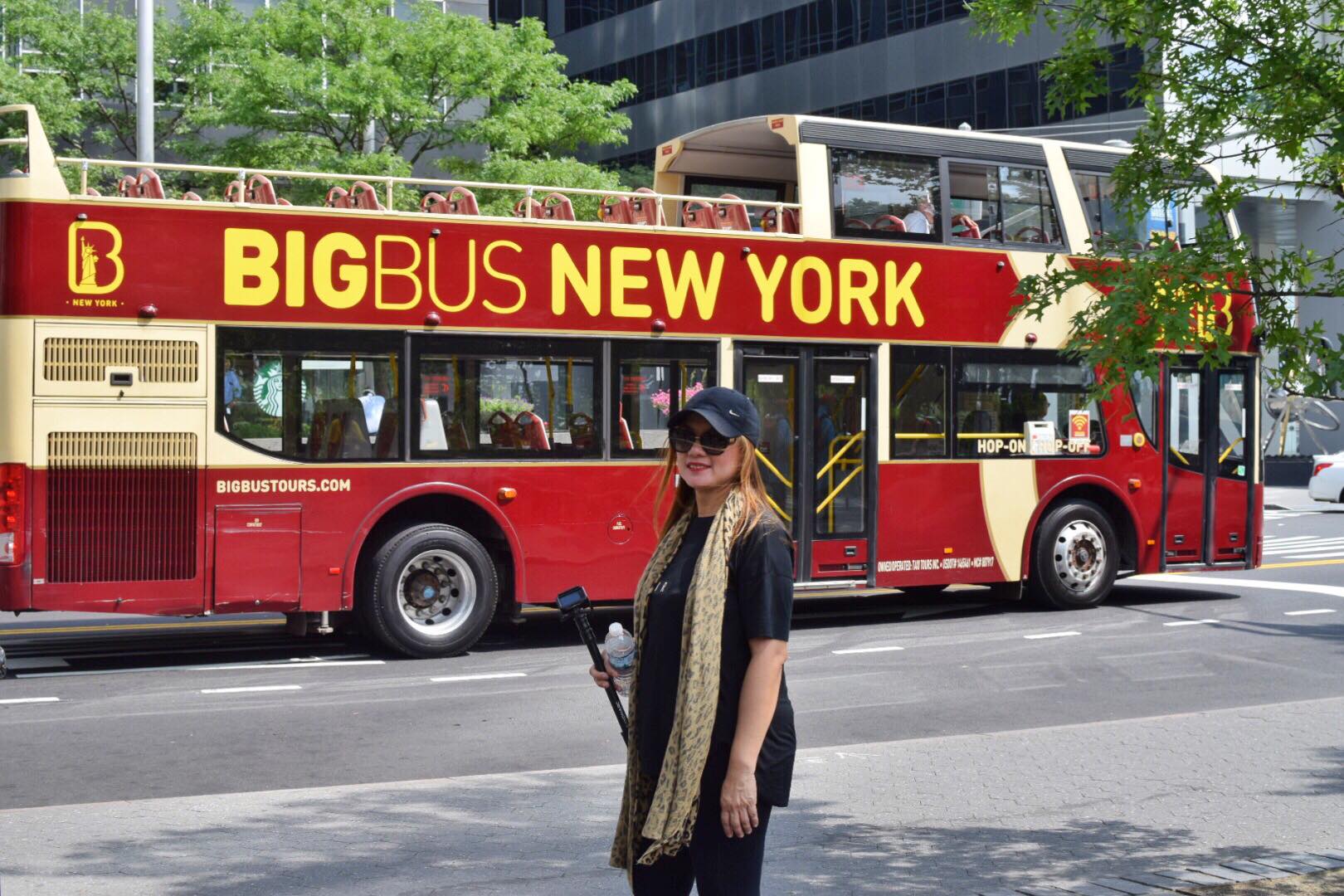Tips for Chinese Nationals: Who needs to fill the EVUS Application to enter USA?
The Evus application or Electronic Visa Update System is the newest way for Chinese national to ensure their smooth travel ahead of time on their visit the United States. The Evus application is like an additional layer on top of a regular visa, with no added privileges. They are required for Chinese nationals to travel to the US on any type of visa. Why is it required for Chinese nationals and no one else? And what does it mean that this extra layer of customs enforcement is such a simple, easy process, that if not filled out properly, denies Chinese travelers the right to return despite already having a visa?

Most people believe it was done as a mutually beneficial agreement between China and the US. Both countries wanted to improve business relations, and thus, wanted to allow as much freedom as possible. In doing so, most visas between the two countries are for ten years and multiple re-entries. But in order for both governments to keep at least some tabs on the visa holders over the course of ten years, they developed this simple program to ‘update’ your information. If the visa holders oblige, nothing prevents them from using their visa for up to 10 years. If Evus application is not completed, however, the visa may be valid, but the immigration laws can still forbid them from traveling to the US.

People from Taiwan, Macau and Hong Kong must also register for Evus if they want their B1, B1/2 or B2 visa to be validated and their trips to the US approved. When re-entering the US, Evus requires that an individual alerts EVUS in the online login system of their intent to re-enter 72 hours before boarding a flight.

While work visas are usually done through the hiring companies and the government directly, tourist and business visas are not dealt with by the Evus application, but similar to those visa applications, place the burden on the applicant. It is required to have a visa, either B1, B1/2 or B2, in order to apply for the Evus application, and this is required for a Chinese national entering the US. While easy to apply for, decisions are sometimes handed out based on the nature of the visit. Furthermore, certain individuals with preexisting visa classes have to do more paperwork than others to obtain the same visa status. These forms specify which class of visa to have them fill out, and if their passport comes from a country on an extenuating application form, its completion is required in order to obtain a visa.

Needless to say, the United States is a popular tourist destination all around the world, but it is even more popular than average in the largest country in the world, China. With the third largest population, one of the most influential national identities, and one of the largest countries by landmass, there’s no shortage of things to do, only the time it takes to get to the US and to get from place to place once in the US. Visitors come from all over the world, but for China, special considerations are made about their stays in the US. Those policies are badged by the Evus application.

A B-2 Visa is explicitly a tourist visa. Unlike the B1/B2, there’s no gray area here. This application is shorter and less interrogative because the government is not concerned with the business aspect of the applicant’s visit. However, if the applicant tries to circumvent the more daunting business visa application in favor of the tourist visa, they can be caught violating their visa status and sent out of the country. Penalties could also ensue if the tourist visa holder is forced to declare a large sum, one much larger than the amount they declared upon entry. Usually, this cannot be proven to be business-related, but if proven, further punishments have included being barred re-entry into the United States indefinitely. Therefore, when applying with the Evus application, it is advised to be honest about your intentions in coming to the US. There are many different types of reasons for visiting the US that isn’t exactly tourist reasons but falls under that category. For one example, someone entering the Us to undergo a certain Medical Procedure would apply for a B-2 visa. The same goes for someone going to a school in the US. Unlike other visa application processes, the Evus application overrules a request alleged by a B2 visa and restrict certain privileges afforded to other holders of that same B2 visa. Some B2 visas do not allow multiple reentry—meaning, if you leave the US, you have to go through the same process all over again, and usually have to wait until the current visa has expired.

What’s strange about the Evus application is its outright extra measure enacted on only Chinese nationals. The program was designed as an additional layer of visitor status for any Chinese national on a foreign or business visa. Fortunately, they are extremely easy to acquire for those of them that already have visas. The information requested by Evus is not particularly invasive for an immigration protocol: it wants your Chinese passport, with six months of time between the date of inspection and the expiration date. It also wants a copy of your visa. If it seems redundant, it’s because it is, but as a result, people are able to go a full decade without renewing their visa, a commitment to the value of their travel to the US, whether it’s on a B1, B/2, or B3.
![]() Are you on Pinterest? Pin these!
Are you on Pinterest? Pin these!


